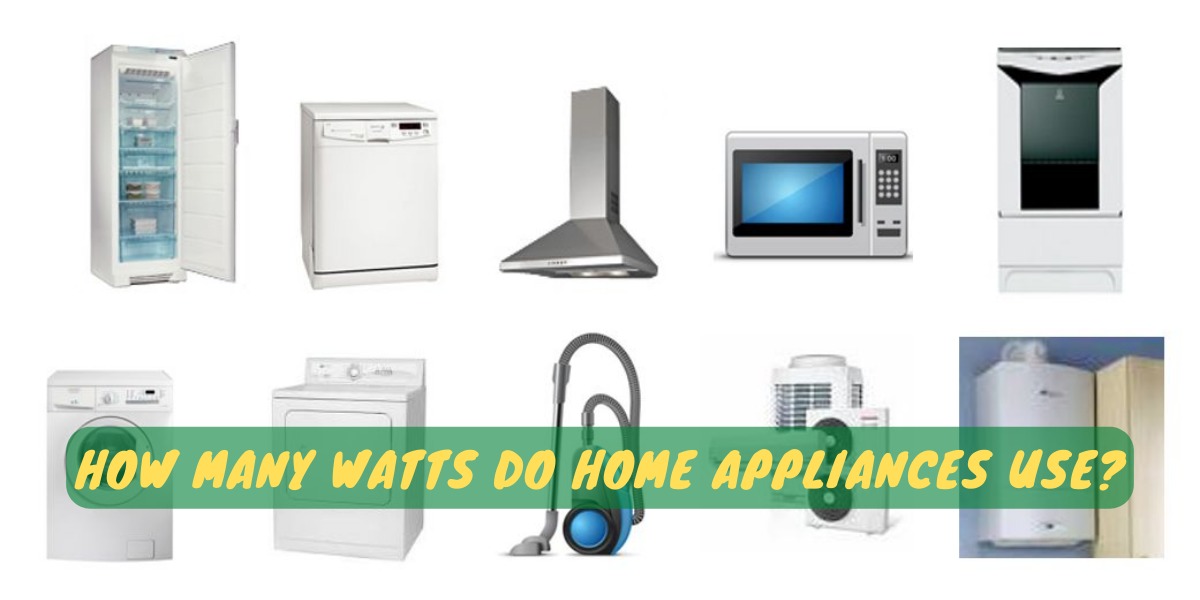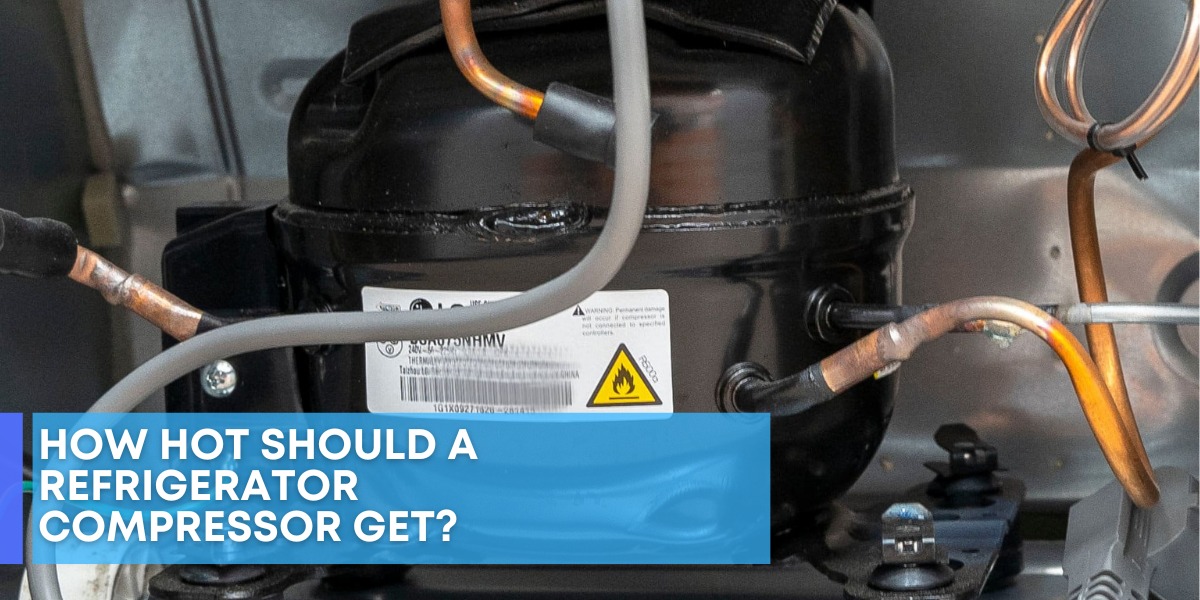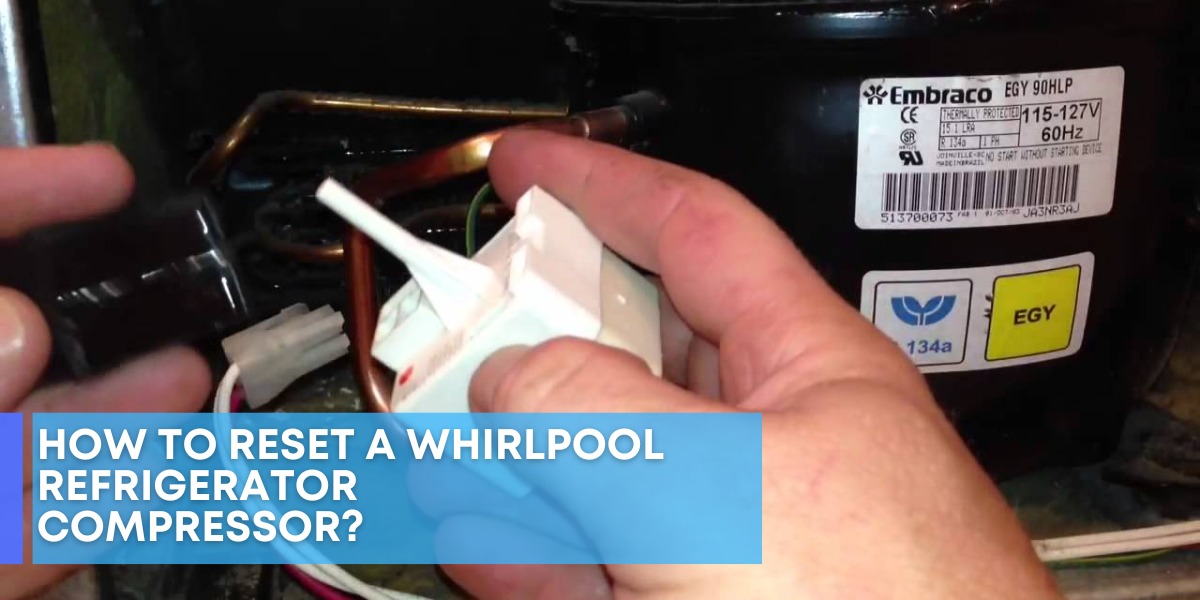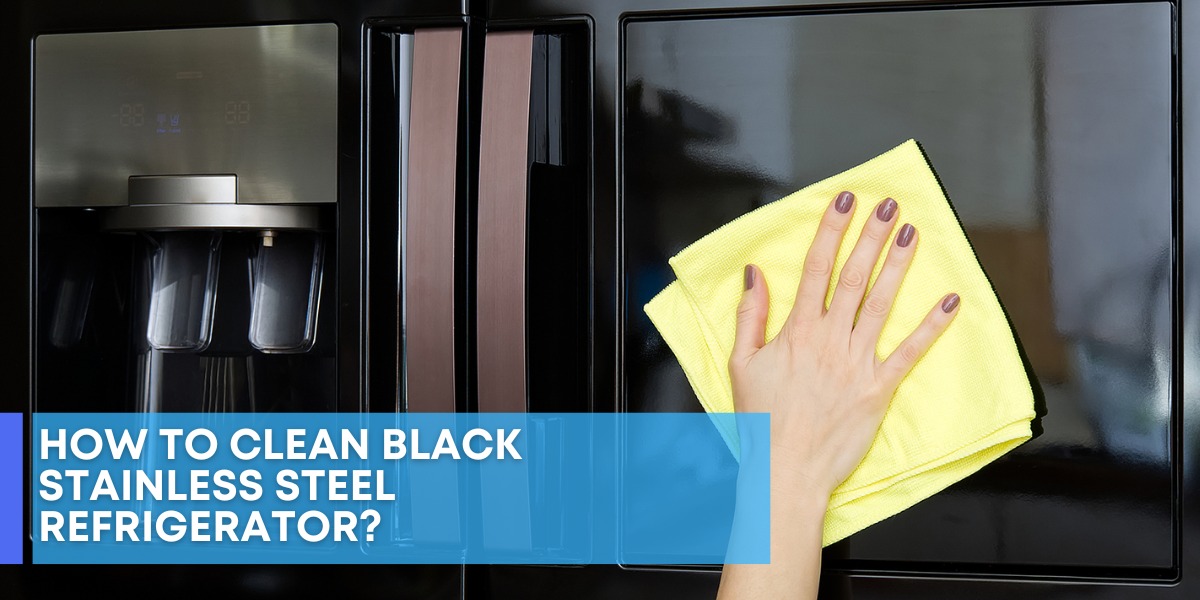As electricity prices continue to rise, it is becoming increasingly important to monitor our energy usage at home. Many homeowners are looking for ways to reduce their electricity bills, and one effective way to do so is by understanding the power consumption of household appliances. In this article, we will explore the watts consumed by various home appliances and how to reduce energy usage with the help of HA Fixer.
Refrigerator
Refrigerators are one of the most important appliances in our homes, but they can also consume a significant amount of energy. The average refrigerator uses between 100 and 200 watts of power, depending on the size and model. However, older refrigerators can use up to 1,200 watts, making them one of the biggest energy consumers in the home. To reduce the energy usage of your refrigerator, make sure that it is properly sealed and the temperature is set at the optimal level. Additionally, consider upgrading to an Energy Star-certified refrigerator, which can save up to 15% more energy than a standard model.
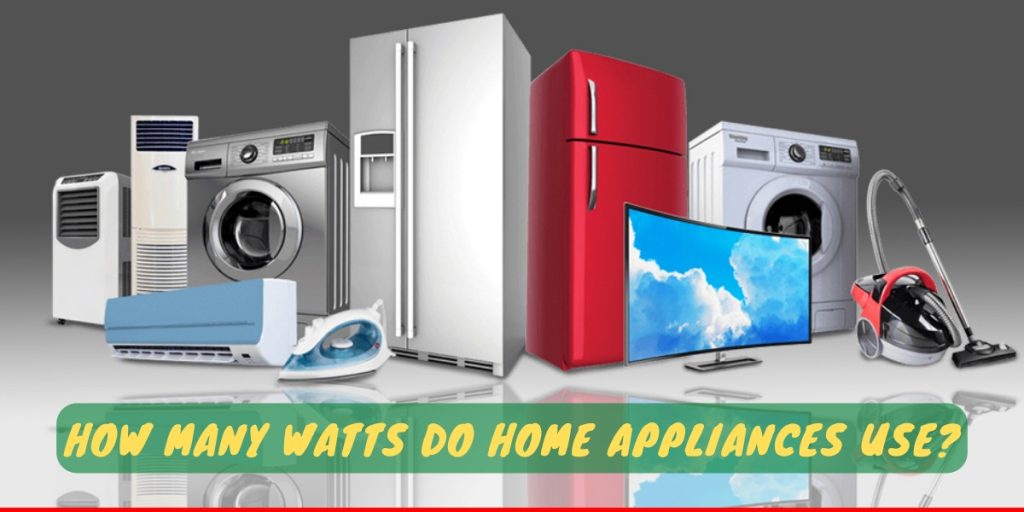
Oven and Stove
Ovens and stoves are essential for cooking, but they can also be major energy consumers. Electric ovens typically use between 2,000 and 5,000 watts, while gas ovens use between 1,000 and 5,000 watts. Electric stoves use around 1,000 to 3,000 watts, while gas stoves use around 400 to 1,000 watts. To reduce energy usage, use the oven only when necessary and consider using smaller appliances like microwaves or toaster ovens for smaller meals. Additionally, make sure that the burners are properly sized for the pot or pan being used to avoid wasting energy.
You Are Looking For A Washing Machine Repair Service In UAE
If you are looking for a washing machine repair service in UAE, then you have come to the right place. At hafixer.com, we offer a wide range of washing machine repair services that will get your machine working as good as new again. Whether your machine is broken or just needs some minor repairs, we can help.
Our team of experienced technicians is available 24/7 to get your machine fixed quickly and efficiently. We also offer a 100% satisfaction guarantee on all our repairs, so you can be sure you’re getting the best possible service. So if you need a washing machine repair in UAE, then look no further than hafixer.com.
Washing Machine and Dryer
Washing machines and dryers are another major energy consumer in the home, with the average washing machine using between 350 and 500 watts, while the dryer uses around 1,000 to 5,000 watts. Front-loading washing machines are typically more energy-efficient than top-loading models and can save up to 50% of water and energy usage. To reduce energy usage, consider washing clothes in cold water, which can save up to 90% of the energy used to heat the water. Additionally, consider air-drying clothes or using a drying rack instead of using the dryer.
REPAIR SERVICES AVAILABLE 7/24
- Oven Repair
- Dryer Repair
- Stove Repair
- AC Repair
- AC Installation
- Fridge Repair
- Refrigerator Repair
- Dishwasher Repair
- Washing Machine Repair
Dishwasher
Dishwashers are a convenient appliance for cleaning dishes, but they can also use a significant amount of energy. The average dishwasher uses between 1,200 and 2,400 watts, depending on the size and model. To reduce energy usage, only run the dishwasher when it is full and use the energy-saving mode if available. Additionally, consider washing dishes by hand if you only have a few dishes to clean.
What is wattage?
The wattage of an appliance is the amount of energy it uses to do its job. Some common appliances that use watts are televisions, air conditioners, heaters, and refrigerators.
Television
Television sets are another major energy consumer in the home, with the average LCD TV using between 100 and 400 watts, while plasma TVs can use up to 900 watts. To reduce energy usage, turn off the TV when not in use and use a power strip to turn off all electronics at once. Additionally, consider upgrading to a newer, energy-efficient TV model.
Lighting
Lighting is one of the most important aspects of home design, but it can also consume a significant amount of energy. The average incandescent light bulb uses between 40 and 100 watts, while LED bulbs use only 6 to 8 watts. To reduce energy usage, consider replacing incandescent bulbs with LED bulbs, which are more energy-efficient and last longer. Additionally, use natural lighting during the day by opening curtains or blinds and consider installing motion sensors or timers to automatically turn off lights when not in use.
Heating and Cooling
Heating and cooling systems are essential for maintaining a comfortable temperature in the home, but they can also be major energy consumers. The average air conditioner uses between 1,000 and 3,500 watts, while a central heating system can use up to 7,000 watts. To reduce energy usage, set the thermostat at an appropriate temperature and consider upgrading to a programmable thermostat, which can automatically adjust the temperature based on your schedule. Additionally, make sure that the heating and cooling systems are properly maintained and serviced to ensure optimal efficiency.
Other Appliances
Other appliances like computers, gaming consoles, and chargers can also contribute to energy usage in the home. The average desktop computer uses between 60 and 250 watts, while laptops use between 15 and 45 watts. To reduce energy usage, turn off electronics when not in use and unplug chargers when devices are fully charged. Additionally, consider using power-saving modes or sleep modes on electronic devices to reduce energy consumption.
In conclusion, understanding the power consumption of household appliances is essential for reducing energy usage and saving money on electricity bills. By following the tips mentioned above and utilizing the services of HA Fixer, homeowners can significantly reduce their energy consumption and contribute to a more sustainable future. So, make sure to monitor the watts consumed by your home appliances and take steps to reduce energy usage for a more efficient and cost-effective home.

